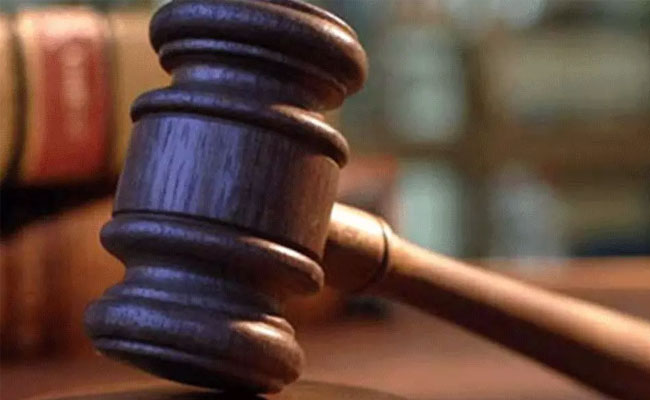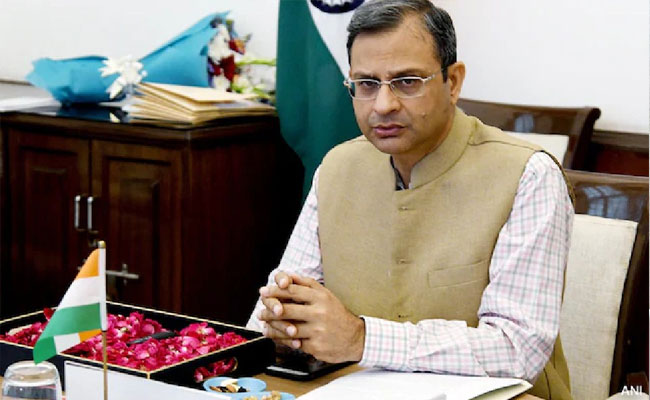Thane (PTI): The police in Maharashtra’s Thane district have registered a case against eight persons, including actor Nayanthara, over allegations that certain scenes in her newly released film ‘Annapoorani’ have hurt the religious sentiments of Hindus, an official said on Friday.
In his complaint to the Naya Nagar police station, the 48-year-old complainant, a resident of Mira-Bhayander, said the film also promotes ‘love jihad’. The movie has been removed from Netflix.
The station house officer at the Naya Nagar police station said a case was registered on Thursday against eight persons, including the actor and the film’s producer, under Indian Penal Code sections 153-A (promoting enmity between different groups), 295-A (deliberate and malicious acts, intended to outrage religious feelings) and 505 (2) (offence committed in place of worship) read with 34 (common intention).
The Mumbai police had said on Thursday that activists of two right-wing outfits had filed separate complaints against actor Nayanthara and others associated with the film, alleging that certain scenes in it hurt religious sentiments of Hindus.
“A complaint was submitted by the activists of Bajrang Dal to the Oshiwara police station in western suburbs two days ago, and an inquiry in this connection is underway,” an official had said.
A second complaint was filed at the Lokmanya Tilak Marg police station in South Mumbai by Ramesh Solanki, founder of Hindu IT Cell, annother official said. Solanki has alleged that the film demeans Lord Ram and it was intentionally released to hurt the religious sentiments of Hindus.
Let the Truth be known. If you read VB and like VB, please be a VB Supporter and Help us deliver the Truth to one and all.
Amritsar (PTI): Former president Ram Nath Kovind on Friday said that with digital transformation, economic reforms and a strong focus on the ease of doing business, India is moving towards becoming a global economic powerhouse.
He was speaking after inaugurating the 19th edition of the Punjab International Trade Expo (PITEX) in Amritsar.
The former president said that this 19th edition of PITEX is being organised at a time when India is recognised as one of the fastest-growing large economies in the world.
Speaking at the inaugural ceremony of the event organised by the PHD Chamber of Commerce and Industry (PHDCCI) the former president, while referring to Punjab, said the state is a living example of courage, sacrifice and enterprise.
"The spiritual light of Sri Harmandir Sahib (Golden Temple) inspires peace and humanity across the world. The heritage of Punjab is deep and inspiring," Kovind said, according to a statement issued by the PITEX.
The former president congratulated the PHDCCI for hosting the 19th edition of PITEX and suggested that the chamber should expand PITEX outside Punjab.
He proposed that a similar event should also be held in New Delhi.


_vb_69.jpeg)


